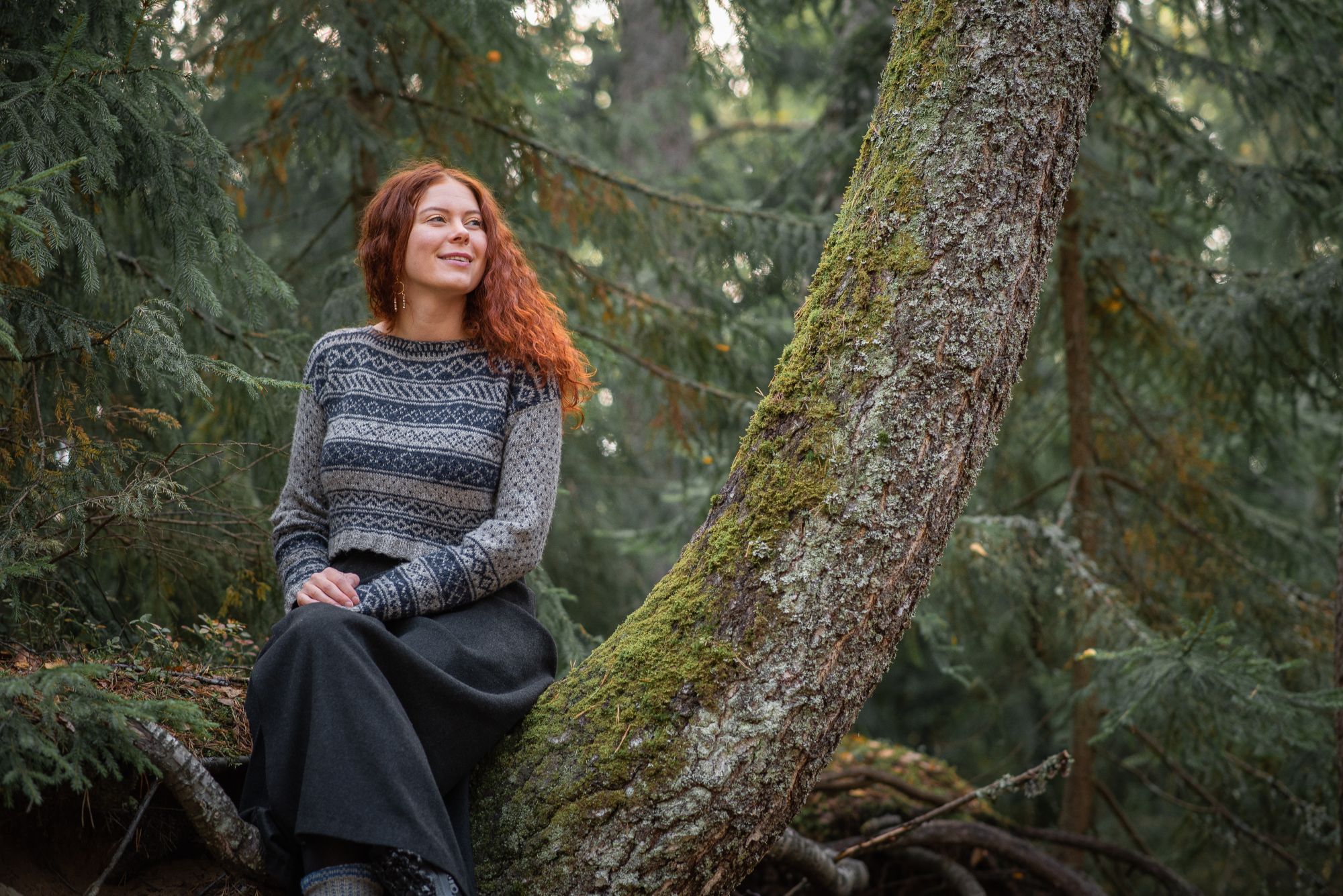Who is Peppi?

Protecting nature and the environment brought me to the Green party. I grew up in the midst of forest and preventing climate crisis has always been at the core of my political aims. I'm a feminist and mental health themes are important to me on a personal level. Having grown up in a family of agricultural entrepreneurs, I want to secure Finnish food production and security of supply.
I'm currently a municipal councillor and vice member of the board in the city of Espoo, and a councillor in the wellbeing services county of West Uusimaa. Earlier I was chair of the board at the Young Greens of Finland, before which I worked as a consultant in the energy sector. At the moment I'm finishing my studies in the Advanced Energy Solutions master's programme at Aalto University. I have a bachelor's degree in wood processing and I have practical experience working at a paper factory and in dangerous waste facility.
Why I'm running for European parliament
This spring I was once again giving an interview about why the Greens in Finland have ended up supporting nuclear power and it hit me how much confusion and uncertainty there is in Europe regarding energy production.
When I was asked to run, I felt it was my duty to try and promote sustainable and sensible energy and industrial policy in Europe, in these elections. I also want to promote sustainable forestry and fair agricultural policy in my campaign.